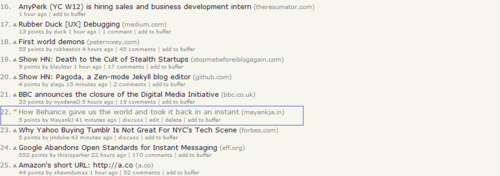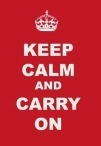And almost did not hire her:
One of my mentors once told me: “Good design is no longer a USP for internet products. It is table stakes”. We’ve believed in this all along and have wanted to build the best possible experience at Musicfellas. A major role in that has been of our designer, Sneha Patel. This is the story of how we found our designer and almost did not hire her.
It was a Saturday, the day of the monthly Startup Saturday meet. As a newly turned entrepreneur, I thought it would be wise to meet some of the people from the startup community. So, I went for what would be my first and only SS meet.
But before that, let’s turn the clock back a few hours: In the morning, I get a call from a newly opened Dentist chain called MyDentist. They offer me a free consultation. I decide to go because it happens to be close to the venue of the SS event as well.
Back to the SS. I got late at the dentist’s and thus reached the event a little late. Sweating and panting, I signed up and paid the fees. Suddenly, someone asked for people who were going to make a presentation about their startups. I had no idea why, but I raised my hand.
The presentations began, and they were full blown powerpoint presentations. And I obviously didn’t have one. I just didn’t know that you were supposed to actually bring a proper presentation. So, I decided to just swing it.

I tore up two pieces of paper and wrote MUSICFELLAS across them. Holding it up in front of the audience, I spoke. I spoke about music. I spoke about the independent artists industry. And I spoke about design. I must have spoken a lot about design because at tea break, a girl I just said hello to said she was looking for me. I had no idea why. So, we just spoke a little bit about what we do, exchanged cards and bid goodbye. I did tell her that we were looking for a designer and she happened to be one. She was a self taught designer, who had just recently started out on her own and we would have probably been one of her first few clients.
A few days later, I got an email from her saying she would like to discuss where we left off. I checked her portfolio and honestly, I wasn’t impressed with the website designs she had done. What we were looking for at the time was a website designer but her expertise seemed to be in identity design, which by the way was pretty damn good. So, I told her so. And, that was that.
A few days later I got an email from her with an attachment — Musicfellas — website design. And I was completely blown away.
Musicfellas - Original website proposal
The rest, as they say is history.
Key Takeaway: Never discount first timers. Never take things at their face value. And most importantly, talk about your startup. And I mean really talk, communicate. Let your passion reach out and touch others. Because the best people see a good fit when they see one. You are the biggest evangelist of your startup, behave like one.
Oh and why the dentist story, later I got to know, that our designer was also the identity designer for my Dentist chain. Happy coincidences.








